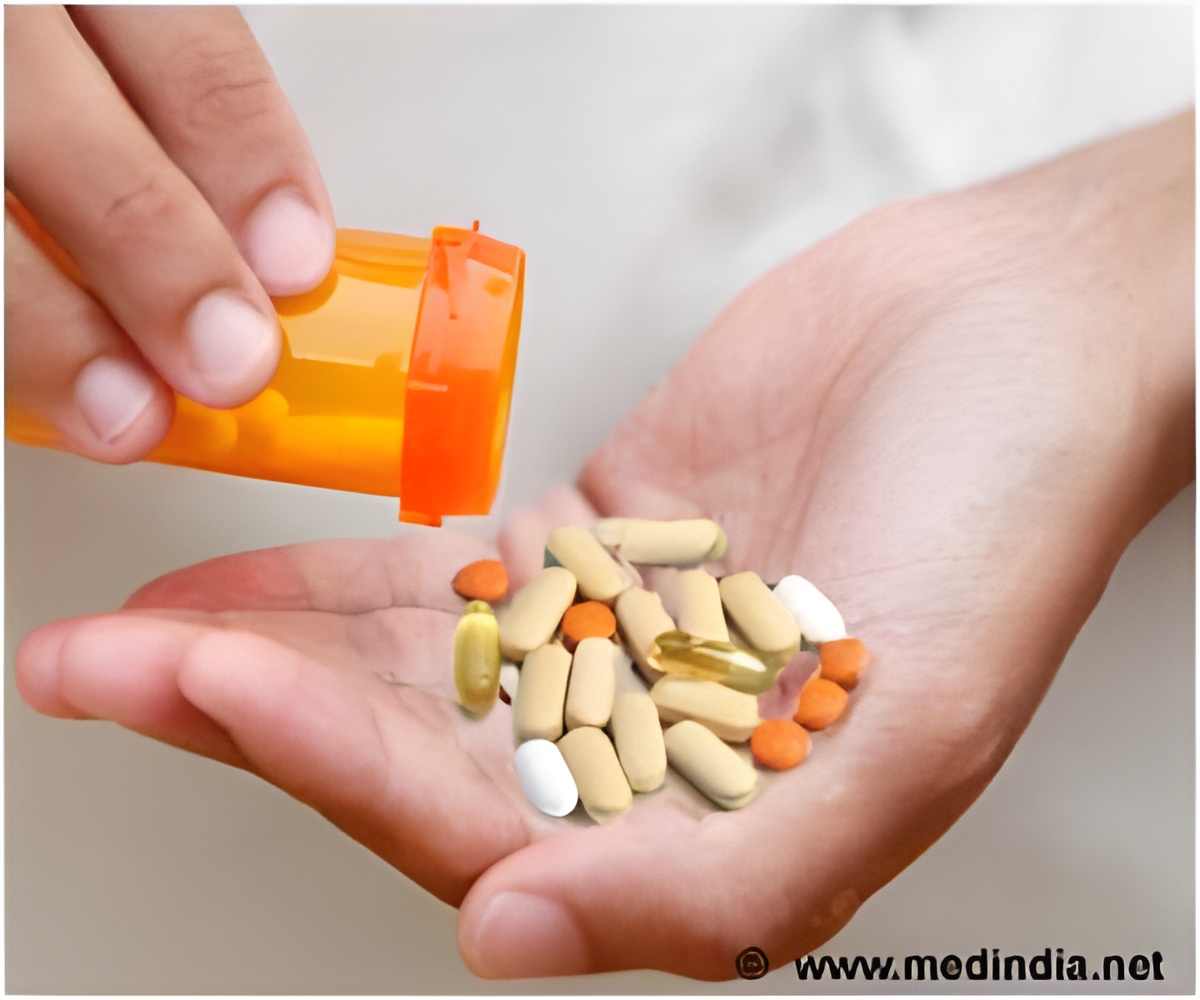
‘Individuals need to discuss with healthcare providers about the potential benefits and risks of dietary supplements.’
Tweet it Now
Dietary Supplements for Exercise and Athletic Performance, covers products sometimes called ergogenic aids that claim to improve strength or endurance, increase exercise efficiency, achieve a performance goal more quickly, and increase tolerance for more intense training."Dietary supplements marketed for exercise and athletic performance can't take the place of a healthy diet, but some might have value for certain types of activity," said Paul M. Coates, Ph.D., director of ODS. "Others don't seem to work, and some might even be harmful."
This fact sheet covers more than 20 ingredients found in fitness supplements, including antioxidants, beetroot, tart cherry, branched-chain amino acids, caffeine, creatine, and protein.
Creatine, for example, might help with short bursts of high-intensity activity like sprinting or weight lifting, but not for endurance efforts like distance running or swimming. However, antioxidants such as vitamins C and E don't seem to improve any type of physical activity, though they're needed in small amounts for overall health.
More than two-thirds of adults in the United States are overweight or obese, and many are trying to lose those extra pounds. Dietary Supplements for Weight Loss guides readers through the confusing set of options in the marketplace.
Advertisement
This fact sheet covers 24 ingredients found in these products, including African mango, beta-glucans, chromium, garcinia, green tea, hoodia, and raspberry ketones.
Advertisement
Both fact sheets are available in a health professional version that is detailed and fully referenced, as well as consumer versions in both English and Spanish. In fact, most ODS fact sheets on dietary supplement ingredients are available in these multiple formats.
"We encourage people to talk with their healthcare providers to get advice about dietary supplements and to visit the ODS website to learn valuable information about these products," said Coates. "People can also sign up for the ODS listserv to be notified when we add new information to our website."
Source-Eurekalert











